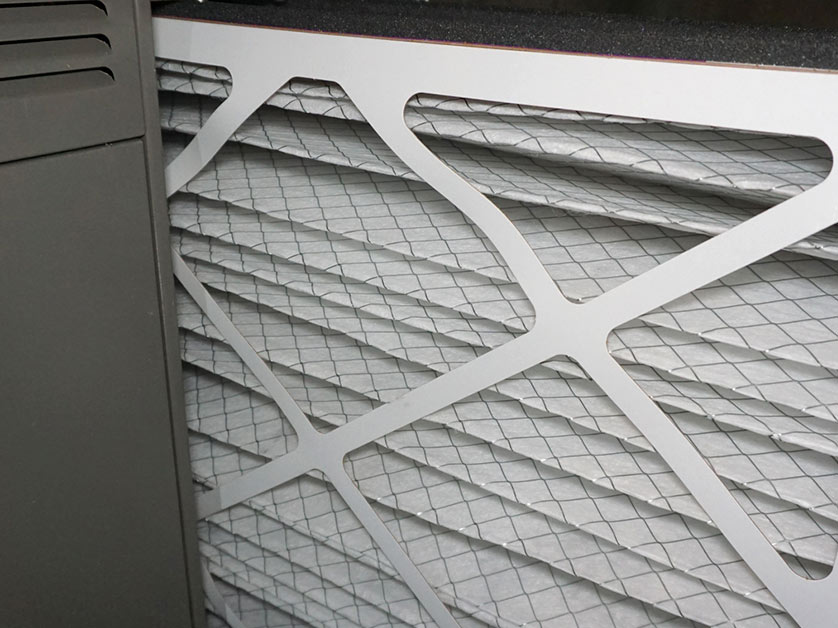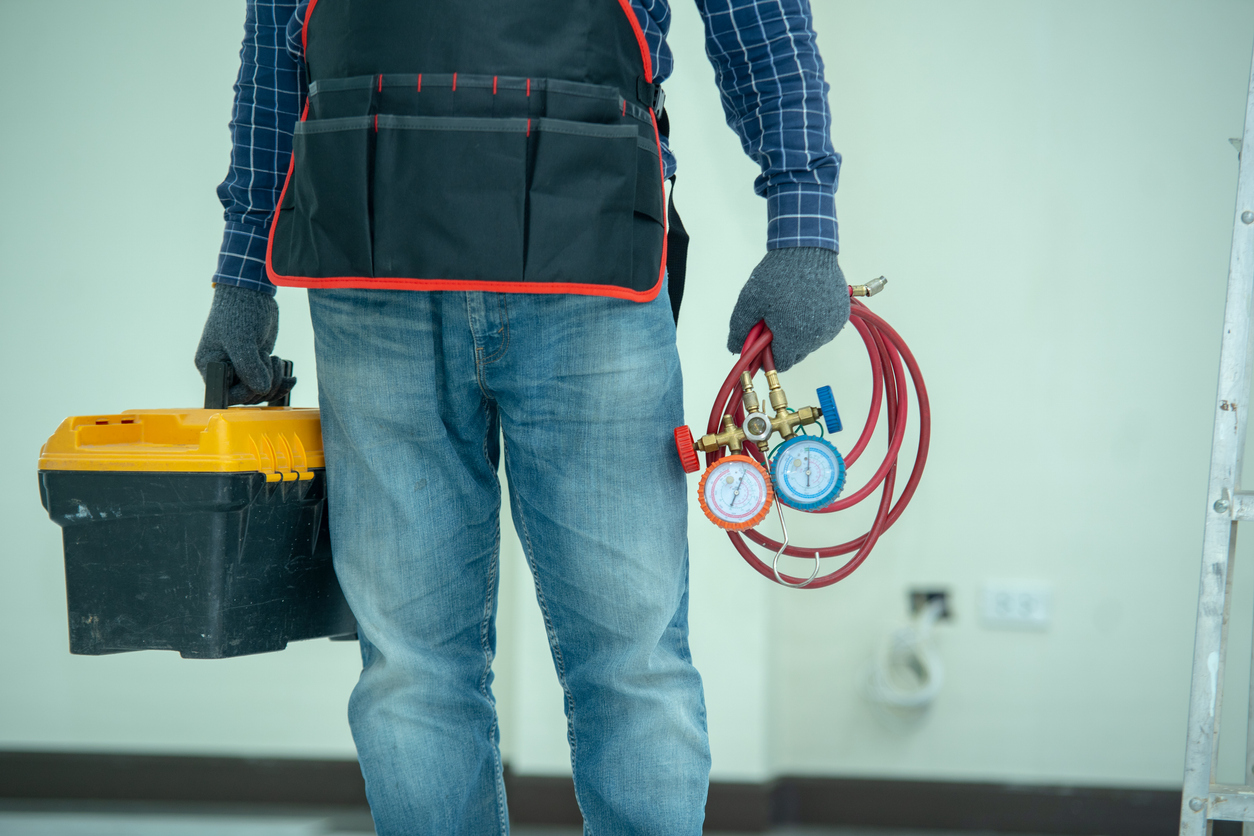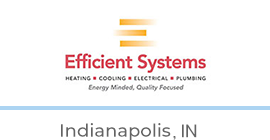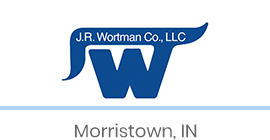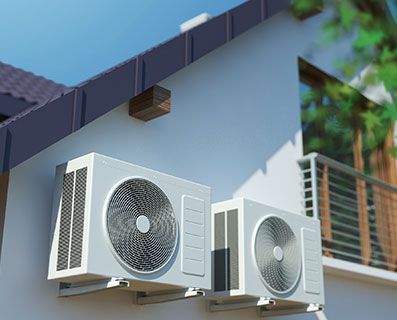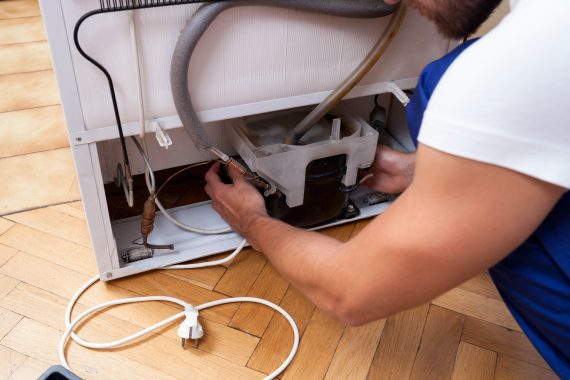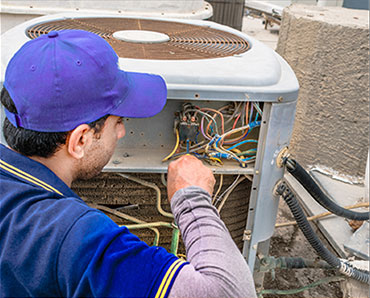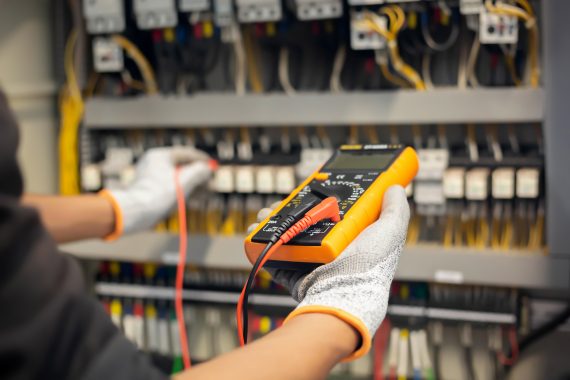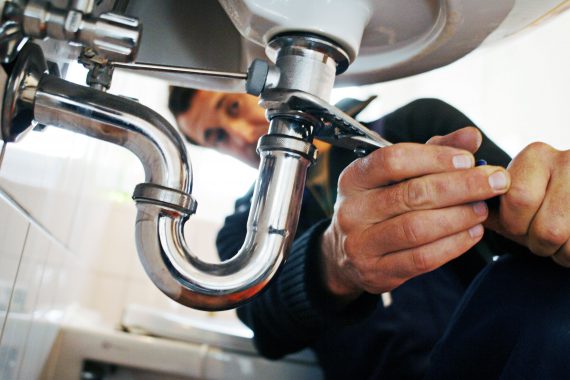When groundwater percolates through limestone and other sedimentary rocks, some carbonates like calcium, gypsum and magnesium mix with the water, creating hard water. It’s similar to having a little dust in the air during an HVAC system installation — small amounts are negligible and not dangerous.  The problem with hard water is that it tends to leave behind mineral deposits in your pipes, which can eventually build up and restrict the flow of water through your plumbing, causing a number of issues in your home. Symptoms of Problematic Hard Water Some health experts agree that hard water is actually a good source of minerals like calcium and magnesium. The amount of these substances in hard water is very low, and make a perfect supplement to help meet your daily mineral needs. As far as plumbing and furnace repair technicians are concerned, however, it’s best to keep an eye out for signs that hard water may be harming your home’s pipes.
The problem with hard water is that it tends to leave behind mineral deposits in your pipes, which can eventually build up and restrict the flow of water through your plumbing, causing a number of issues in your home. Symptoms of Problematic Hard Water Some health experts agree that hard water is actually a good source of minerals like calcium and magnesium. The amount of these substances in hard water is very low, and make a perfect supplement to help meet your daily mineral needs. As far as plumbing and furnace repair technicians are concerned, however, it’s best to keep an eye out for signs that hard water may be harming your home’s pipes.
- The first area you’ll probably notice hard water problems is on your laundry. Clothes tend to yellow or fade in reaction to high concentrations of minerals.
- Stained bathtubs and toilet bowls are the next problems to surface, as these are exposed to the mineral-laden water for extended periods of time.
- Finally, with high enough concentrations, hard water can clog pipes, restricting water flow and causing a steady increase in consumption.
Resolving Hard Water Issues If you notice any of the symptoms described above, it’s best to contact your local plumber and air conditioner repair specialist for a full check-up of your system. You can also have a water softener installed to help reduce the amount of minerals in your water, keeping them at safe levels for everyday use. Efficient Systems is your number one go-to 24-hour plumbing and HVAC service company. Call us at (317) 293-6510 or fill out our contact form to schedule a service visit today. We serve homeowners in Indianapolis, IN, and all nearby areas in Indiana.



